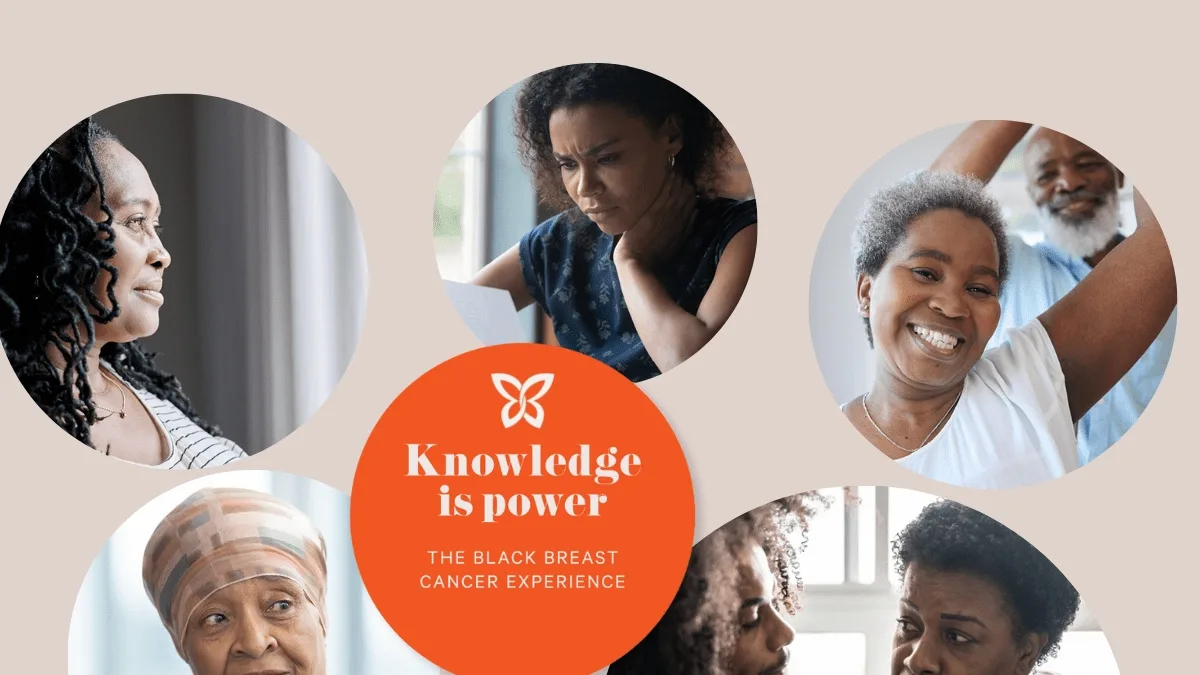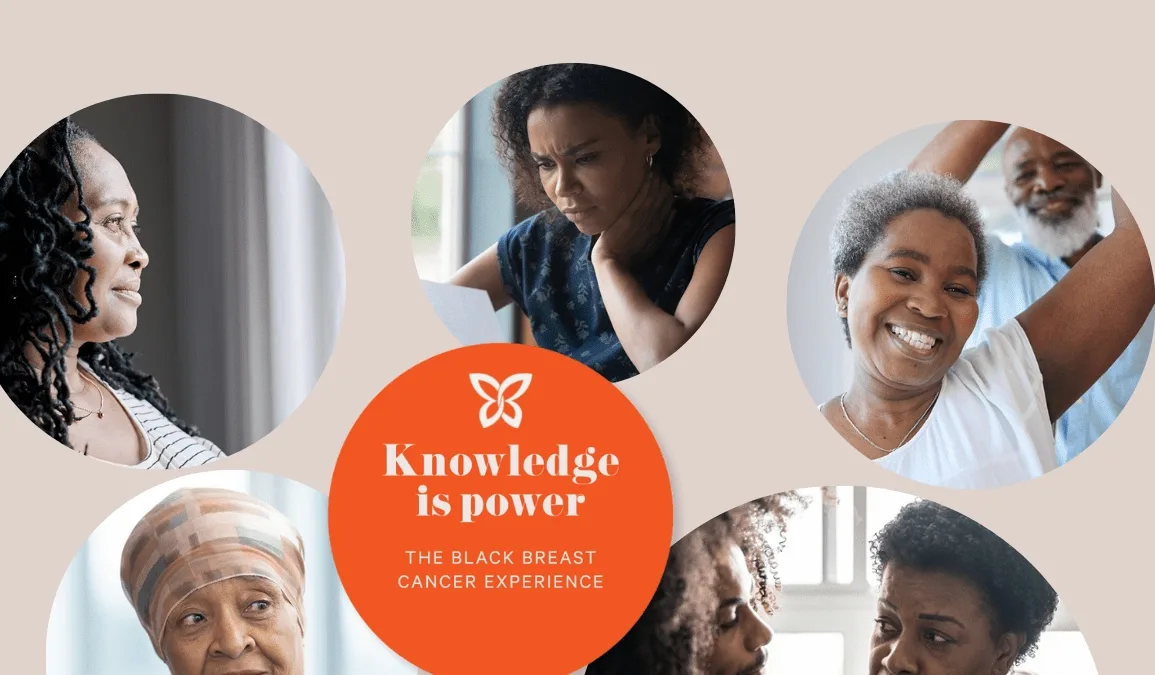
Navigating the Intricacies of Cancer Care
For many, the journey through cancer care can be a daunting and confusing maze. This can be even more challenging for Black women, who face significant health disparities in the United States. To address this, a new initiative aims to establish a peer navigation program specifically for Black women affected by cancer. This program will be led by Black women who have personal experience with the disease and are well-equipped to guide others through the complexities of cancer care.
The Health Equity Gap for African Americans
It’s no secret that there are ongoing racial and ethnic health inequities for African Americans, particularly in terms of healthcare. However, significant progress has been made in addressing health equity for African Americans. Milestones include initiatives such as the National Negro Health Week, the creation of the U.S. Department of Health and Human Services Office of Minority Health, and the establishment of various centers and programs focused on behavioral health for African Americans. Despite these advancements, the need for leadership, collaboration, and support for sustainability in addressing health equity is still paramount.
The Impact of Unmet Social Needs
Unmet social needs have been found to significantly affect health outcomes. A study on the association between unmet social needs and breast cancer screening utilization and stage at diagnosis found that an increasing number of unmet social needs was significantly associated with decreased screening mammography utilization and late-stage diagnosis. These social needs include housing instability, social isolation, food insecurity, and transportation challenges. These challenges directly affect a patient’s ability to access care and have been associated with poorer health outcomes.
The Power of Peer Navigation
A peer navigation program can bridge these gaps by offering support and guidance to help Black women navigate their cancer journey. The program aims to address the disparities in cancer care and outcomes for Black women by providing culturally competent support and resources. Ensuring that patients can access care and understand their treatment options is crucial in managing and overcoming the disease.
Advocacy and Support
Organizations like FORCE (Facing Our Risk of Cancer Empowered) are also making efforts to raise awareness, improve access to care, and provide better treatment and prevention options for those impacted by hereditary cancer. These initiatives, along with the peer navigation program, can empower Black women in their fight against cancer, providing them with the knowledge, resources, and support they need.
Conclusion
The establishment of a peer navigation program for Black women affected by cancer is a significant step in addressing the health disparities they face. By providing personalized, culturally competent support, these programs can help guide Black women through their cancer journey and improve their health outcomes. It’s a testament to the power of solidarity, advocacy, and education, and a beacon of hope for Black women battling cancer.


